Helpful tips on how to plan your week to be productive.
Does it always seem like you never get enough tasks crossed off your list by the end of the day? No matter how hard you try to be productive, you still struggle with ALL the things you need to do in your business.
Whether you’re working from home full-time or juggling a side hustle with your day job, planning your week can help you stay ahead of all you need to do.
If you find yourself wondering how to plan your week to be productive, this blog post is for you. You’ll learn 14 helpful tips on planning your week, so you get more work done.
Planning and preparation are essential because even the smoothest week has bumps. Now you’ll know how to navigate unexpected things that pop up while still getting everything you need to done.

How Do I Schedule My Work Week?
The first step to planning your week is to create a schedule. If you have an aversion to scheduling exact tasks in specific time slots like me, you can use tricks like time blocking. We’ll get to that later. For now, let’s start with a basic schedule.
Creating a weekly schedule can be as simple or complex as you make it depending on the number of projects and how long your to-do list is. But you can make it much easier and smoother if you create a work-from-home schedule.
Every day I wake up at the same time, and I focus on client work first. Then I can work on my blog or other business tasks. I’m not an early morning person, but if you are, getting up early during the week can help you get more work done.
Part of figuring out how to plan your week to be productive is setting a schedule that works for you during your most productive times.
Tips on How to Create a Weekly Planning Routine
So, do you know how to set your week up for success?
Well, there is no “one size fits all” when it comes to planning how to have a productive week. You have to create a routine that is going to work for you.
Here are my 14 best tips on how to plan your week to be productive. They will help you get more done in less time and create realistic goals you can achieve to build a successful freelance business from home.
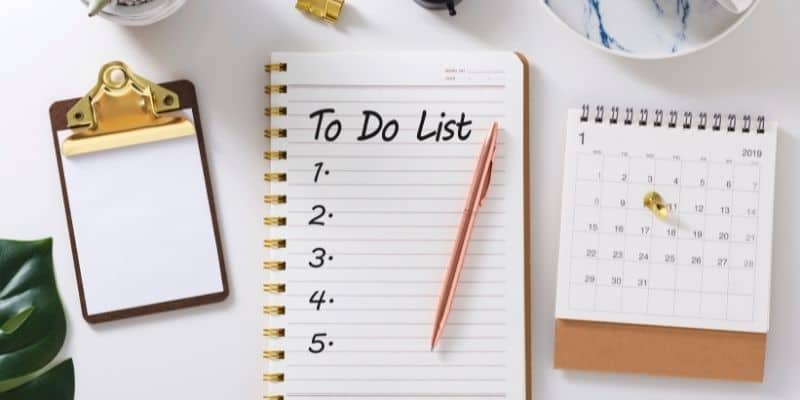
1. Begin Your Planning with a Brain Dump
The first thing you need to do when planning your week is a brain dump. I’m a huge fan of Evernote for my brain dumps and project management because it’s easy and accessible from anywhere on any device.
So, if something pops up in the moment, I can add it to my notes quickly. This helps me stay organized with everything going on during the week.
I love using Evernote; in fact, my whole life is in it. You can find any notes in less than 15 seconds.
If you have a smartphone, even better! There are apps to help keep track of your day so if something comes up, add it at that moment or when you get back to your computer.
What is a brain dump?
A brain dump is a simple list of everything you need to do. You can write down your daily tasks or break them out by project, task type, etc. Get everything out on paper so you can organize it and schedule it.
Using a brain dump exercise can help you if you are struggling with too many ideas and thoughts, want to focus on the most important tasks, tend to overload your to-do list, want to be more productive, or feel stuck.
I also like just using a notebook, Google Docs, or MS Office document. Use whatever app or program works best for you.
2. Learn to Say “No”
It’s easy to say yes all the time, but sometimes you have to say no.
Part of being productive is learning how to say no. This is something I’ve struggled with my whole life, but now that I’m a full-time freelancer, it’s even more critical.
Sometimes you may have to say no to clients, but even more important, sometimes, you need to say no to family and friends.
You can’t do it all, and that includes saying yes to all the things in your personal life – serving on the PTA board, baking 12 cakes for the school bake sale, volunteering for bingo night at the fire department every week, and all those other things that pop up.
You also need to manage interruptions during your daily life like phone calls. Treat freelancing like your day job. You certainly couldn’t take phone calls from friends and family all day there.
It’s also important to set boundaries with friends and family who may want you when you’re working on a project, but those boundaries need to be for both parties, not just yourself.
You love spending time with them, and they love spending time with you, but sometimes it has to wait until later or another day because there is work to be done.
Often people think that when they work from home, they are free to do whatever they want, but it’s still a job, and you need to be productive.

3. Say Yes to Rest
It’s just as important to learn how to rest to be productive and not burn out when you are working on your business or doing client work.
You need sleep, for instance. If you don’t get enough sleep every night, you are going to be exhausted and cranky. It’s not worth spending that energy trying to get work done when it will just make you less productive in the long run.
You also need downtime for your mind; if you are constantly working on client projects or building your business every day, eventually, something will break. This is where that downtime comes into play.
If you don’t take time to rest and recharge, eventually, something will break. You’ll burn out, which means you may miss deadlines, lose clients, or not be able to get your work done at all because you’re overwhelmed and stressed.
The key is learning how to balance everything to live a productive life while working on your business.

4. Plan the Next Week on Friday
I like planning my week on Friday so I can reflect back at the end of the week. I took a course called Intention Lab that teaches you to take an hour on Friday to look at the following weeks and months and schedule everything you need to do the following week.
That way, when Monday comes, you’re ready to go and don’t waste time trying to figure out which tasks are important. This planning session also signals the end of the week so that you can spend time with family and friends over the weekend.
This planning time is crucial and sets you up for success. You can use whatever scheduling method that works for you, like time blocking or setting exact times.
Daily planning is okay, too, as things pop up all the time. It’s an important part of learning how to plan your day to be productive. It can be helpful to create a running task list so you can use it to plan your upcoming week.
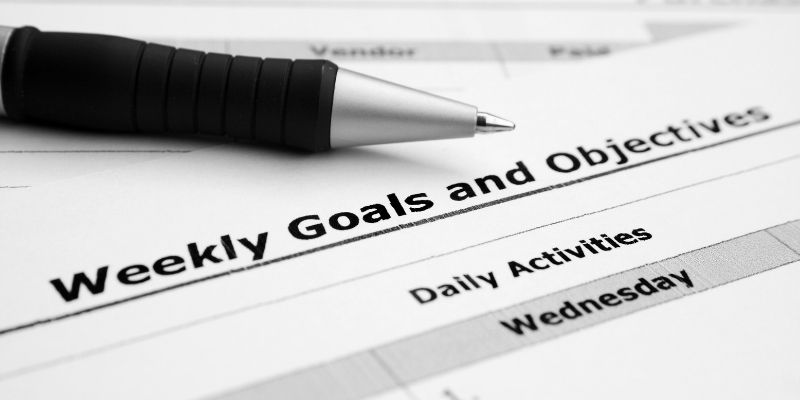
5. Create Realistic Goals
You’ll want to set reasonable goals for yourself, but don’t make them too easy either. There’s a healthy balance between setting goals that help you push yourself and selecting ones that are too easy.
I am always saying if you don’t feel butterflies in your stomach when you work towards new challenging goals, then you probably aren’t pushing yourself hard enough.
For example, if you have a blog post due on Wednesday and the deadline isn’t until that night, make your goal to get it done by Monday or Tuesday, so there is time in case you need it.
Don’t set yourself up for failure by making your goals too easy or leaving it all to the last minute.
Realistic goals are important because they help you feel more confident about completing tasks on time and getting work done while still building in some cushion room.
You should create actionable tasks that get you closer to reaching a specific goal. Part of this process may also include setting goals around daily and weekly priorities.

6. Review Your Weekly Goals and Process
At the end of each week, you should take some time to review your goals and processes. This process is a great way for you to find what works best so next week can be even more productive than this one was.
It’s also important because it helps keep things fresh in your mind throughout the following weeks, as well as help with that burnout that can come from constantly working on the same things day in and day out.
Reviewing your goals is also a great way to get feedback from other people if you’re working with clients or building your business together. They will give you insight into how they feel about what’s going well, where there are gaps, and more, which helps create an even better process.
The best way to do this is to get your goals down on paper, whether you do that in Evernote, Google Docs, or some other document.
You can also use a paper planner like mine that has a monthly goal section that allows you to write down goals and create actionable tasks to reach them.
I use the Living Well Planner created by Ruth Soukup, the founder of Elite Blog Academy as she clearly knows just what entrepreneurs need in a scheduling tool.
Then, once you’ve had a week to review it and make some changes, do the same thing again next Friday before your planning session for the coming week.

7. Celebrate Your Wins from the Week Before
At the end of each week, take some time to celebrate your wins from that past week. It’s important to remember that even if something didn’t go as planned or you missed a deadline by a few hours, it doesn’t mean everything was a complete disaster and failed completely.
It’s also important to celebrate your wins because it helps keep you motivated for next week and creates excitement around what you want to achieve in the coming weeks.
If there were any significant victories or moments where something went right, take some time to celebrate them at the end of each week.
This doesn’t have to be a big thing either; it could be something as simple as going out for dinner or taking yourself on a little shopping trip after work one night. It’s about whatever makes you happy and excited!
Remember that failure isn’t always a bad thing because it allows us to learn and grow from that experience.
It’s important to remember all of your wins throughout the week, big or small. Remembering your wins helps motivate you for next week because it shows you what is possible if you put in the work!
If your week didn’t go well, that’s okay. Celebrate the fact that you navigated a lousy week and came out on the other side. Nothing is too small to celebrate.
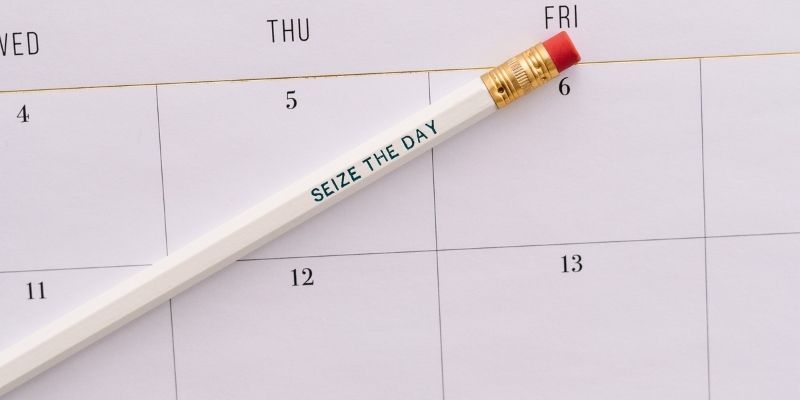
8. Schedule the Important Things First Using Time Blocking
If you’ve ever heard of the Pareto principle, also known as the 80/20 Rule, it states that roughly 80% of your results come from 20% of your efforts.
So, it’s helpful to focus on the 20% of your activities that get you the most results. Often these are priority tasks or the things that make you money in your business.
Instead of setting exact times to do tasks, you schedule your time in blocks with time blocking. For instance, you could set a two-hour block of time to create social media and blog graphic images. This example pairs batching with time blocking, where you group similar tasks.
Batching is one of my favorite productivity hacks. Using time blocks and batching allows you to drop similar activities in time slots to maximize the time you have to do specific tasks. Batching a single task is helpful, too, like writing five blog posts in one-hour time slots or a four-hour time block.

9. Create a Routine
One thing I’ve learned about myself over the years is that I work best when my day follows a routine.
For instance, many people like to start their mornings with some quiet time and coffee before jumping into emails or working on any projects. While others prefer to jump right in at full speed ahead once they get started.
Be careful not to set a routine that other people think you should, do what works for you. For instance, I have always been a night owl, so getting up at 0700 doesn’t work for me. I get up later in the morning and work later into the evening.
Set a schedule and stick to it. Creating a schedule doesn’t mean you eliminate the flexibility that you left your traditional job for, but in general, create a work routine. A routine is part of planning how to have a productive week.
How Do You Create a Routine?
Setting a morning routine sets you up for a more productive day. Think of the things you want to do before starting the workday to help you make the most out of the hours you have to work. You can begin your morning writing in a journal, eat a healthy breakfast, meditating, and exercising.
These activities energize you and help prepare you for a more productive day.
The same is true for an evening routine. I like to wind down by cooking a healthy evening meal. I end the day watching television shows on ID and reading or playing games on my tablet. It’s a refreshing break from work and allows me to wind down until it’s time for bed.
Try going to bed at the same time every weeknight, and some people even like to stay away from scrolling on their phones because electronics can make falling asleep and staying asleep more difficult.

10. Make Sure Your Schedule is Flexible
While you want to create a routine that works for your work style, it’s also important to know that life happens.
As a solopreneur, many things are outside our control so having some wiggle room in the schedule is essential. To make time for unexpected tasks that pop up, create buffers so you have plenty of time to do things with a strict deadline. Creating a flexible schedule is a great time management strategy.
The nature of freelancing can be challenging for people like me who don’t like change or curve balls thrown my way. So, if a blog post is due Friday, I work hard to get it done two days early (or even earlier). This gives you time for the unexpected emergencies that pop up.
There will always be potential tasks looming in the background, ready to drop in to add chaos to your life at any time.
It’s okay if something pops up during the day and requires more time than expected. The flexibility of your schedule is also important so you can take care of yourself and maintain a well-balanced life.
11. Don’t Worry About the Unimportant Tasks
It’s easy to get caught up in the small tasks that don’t move your business forward. These tasks are often called urgent but a waste of time. Plus, they can suck a lot of time out of your day if you let them.
When I first started working from home, it took me several months to realize this was happening. Because at my last job, I was so busy doing things for other people who were in my face all day long. I wasn’t focusing on the meaningful tasks that would propel my business further.
Scratch the unimportant things off your list so you can focus on the productive tasks. To maximize your time even more, you can outsource the jobs you’re not good at or hate so you can focus on the money-making tasks in your business.
Once you define the tasks to focus on, make them your weekly priorities.

12. Schedule the Hard Things When You Have the Most Energy
I like to tackle the hardest things first when I have the most energy. I do this for daily, weekly, and monthly tasks.
With many of my clients, I know the articles they want to be written ahead of time, and I focus on the most difficult ones first. This strategy helps you increase your productivity levels and leaves the fun creative tasks for last since they are often easier to do.
Manage Your Energy Level
Managing your energy levels is critical for your success. So, when you’re assigning yourself tasks at the end of the workweek, note if each one drains your energy, energizes you, or is neutral. That way, you can schedule your tasks accordingly
For example, you don’t want to schedule long intensive meetings back to back and then work on business finances. That will burn you out quickly.
Try to balance out easy tasks with the ones that drain you, so you stay productive.

13. Use Time Saving Techniques That Work with Your Personality
In a perfect world, you would wake up every morning and have the day planned out for you.
However, I know that can be hard to do if you’re an entrepreneur who works from home or works on your own schedule. That’s why it’s vital to use time-saving tasks that work for you. Working with your personality, not against it, is the way to be more productive every day.
The Pomodoro Technique is a popular productivity hack that many people use with their daily schedules. It encourages you to work with the time you have and not against it.
You break your workday into 25-minute chunks of time, separated by 5-minute breaks. After you complete four pomodoros, you get to take a longer 15 to 20-minute break.
Some people like to use productivity apps that restrict certain web pages or places limits on them, so you don’t get sucked down the social media rabbit hole.
Apps like Freedom, StayFocusd, and Limit allow you to customize the settings so you can only view certain web pages for a limited time or not at all. They help you maintain focus on you’re the things you need to do.
Staying focused on your work is vital to getting more done in your workday and crossing things off your to-do list.
14. Automate!
Thankfully our workdays get easier the more technology advances, so you can easily automate certain tasks. You can use SaneBox to organize your email inbox and filter out the important emails you need.
You can set up auto-responders and automate onboarding tasks to take those off your plate. Even just setting up standard email templates can help you reduce the amount of time you spend on wrangling your inbox.
Use a writing editing tool like Grammarly or ProWritingAid to help you edit all your content quickly and easily. I’ve used Grammarly since 2017 and would die without it. It’s a writer’s best friend. It was one of the first things I invested in for my business, and it’s worth every dime I pay for it.
Zapier is another handy app that allows you to connect different business tools like Trello to automate things that can free up massive amounts of time. Automate those pesky repetitive tasks.
If you can’t automate it, you can always outsource it! Many business owners start outsourcing way too late. So, stop wearing all the hats in your business and automate or delegate them to someone else.
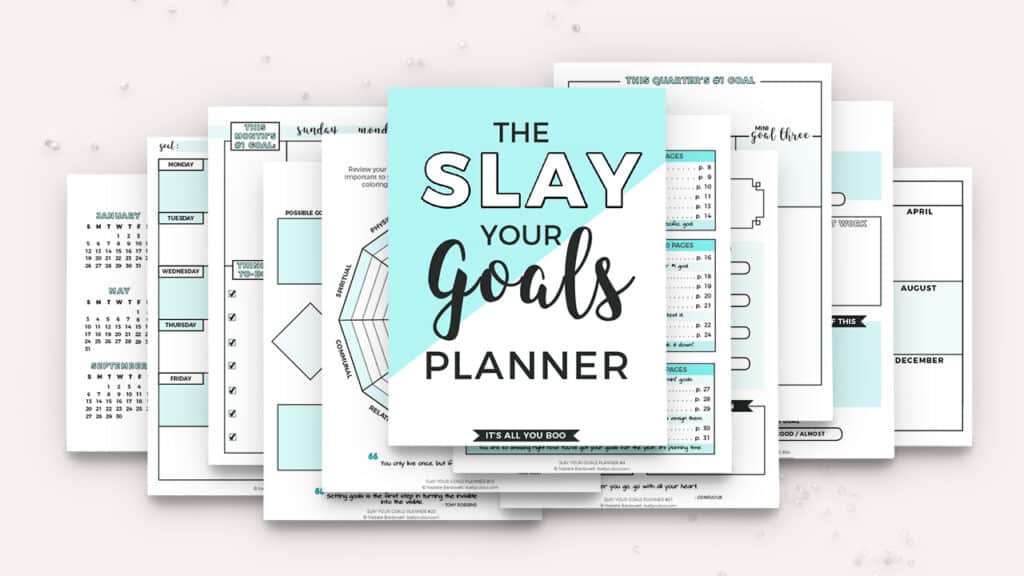
Final Thoughts on How to Plan Your Week to Be Productive
Weekly planning doesn’t have to be stressful as long as you make sure you start with at least one realistic goal and a list of tasks. Creating a weekly schedule and routine helps you plan your entire week easily.
Remember to plan more challenging tasks at your most productive times and focus on tasks that help you reach your professional goals. This is an integral part of how to plan your week as an entrepreneur.
Whether you’re a freelancer or stay-at-home mom, we all want to figure out how to be more productive at home.
Now that you know how to plan your week to be productive, what are your favorite planning ideas on this list? Let me know in the comments below.
Related Posts to How to Plan Your Week to Be Productive
15 Common Website Mistakes to Avoid When Creating a New Website
13 of the Best Business Books for Female Entrepreneurs to Read This Year
How to Make Money with WordPress in 48 Hours: 5 Clever Ways
How to Organize Your Home Office to Get More Work Done
How to Build Your First Freelance Writing Website in 7 Easy Steps
How Long Does It Take to Write 1,000 Words + How to Increase Your Speed
Mastering Your Mindset: 9 Effective Ways to Master Your Mindset as a Freelance Writer
Content Planner Trello: How to Create Your First Editorial Calendar in 7 Easy Steps
14 top tips on how to plan your week to be productive.








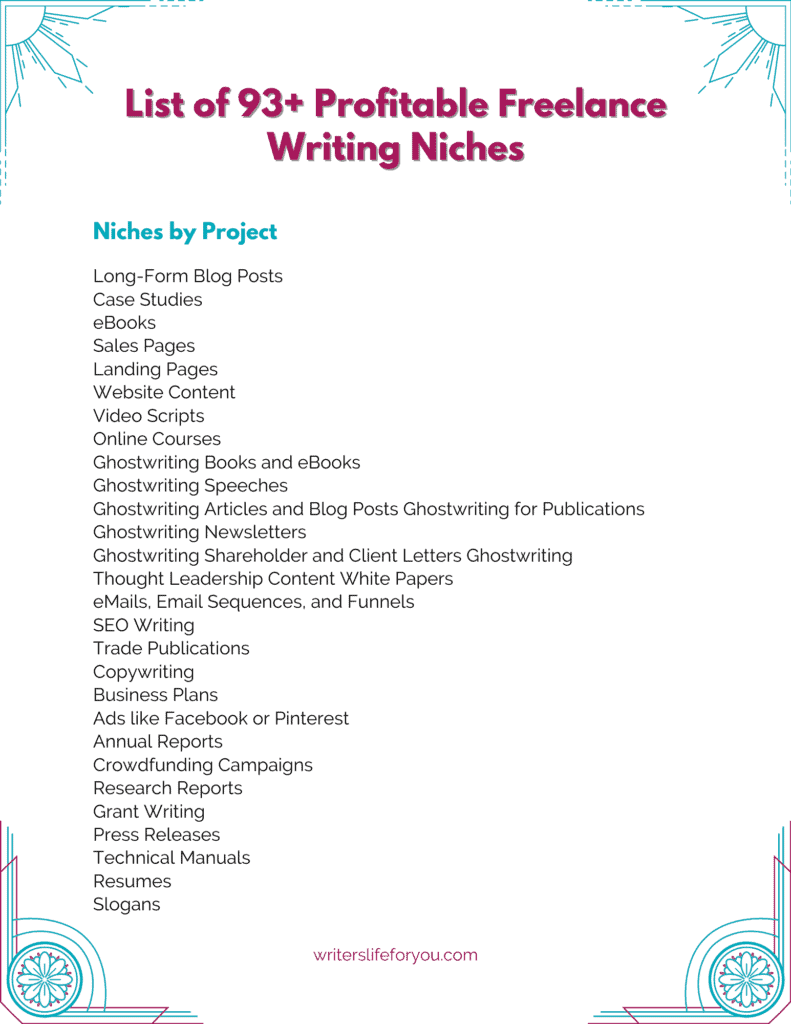
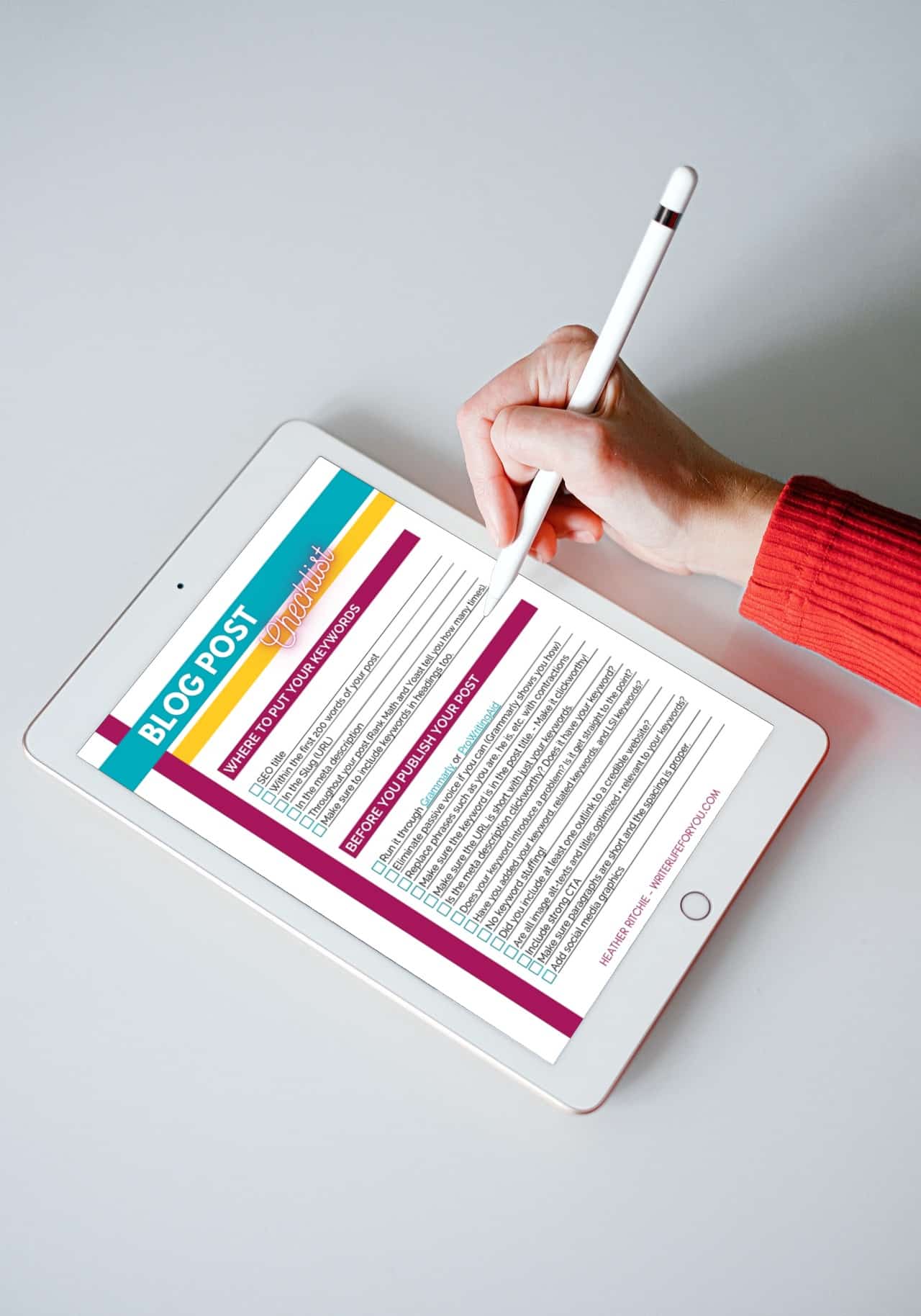

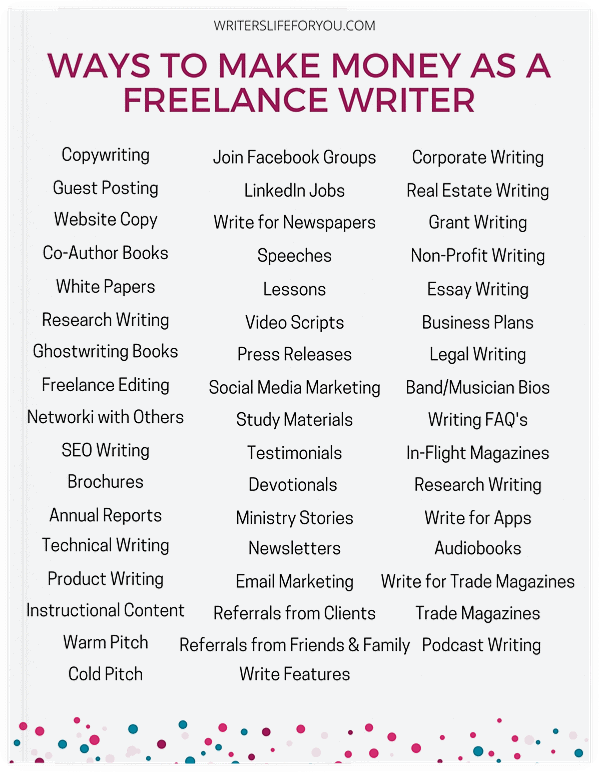
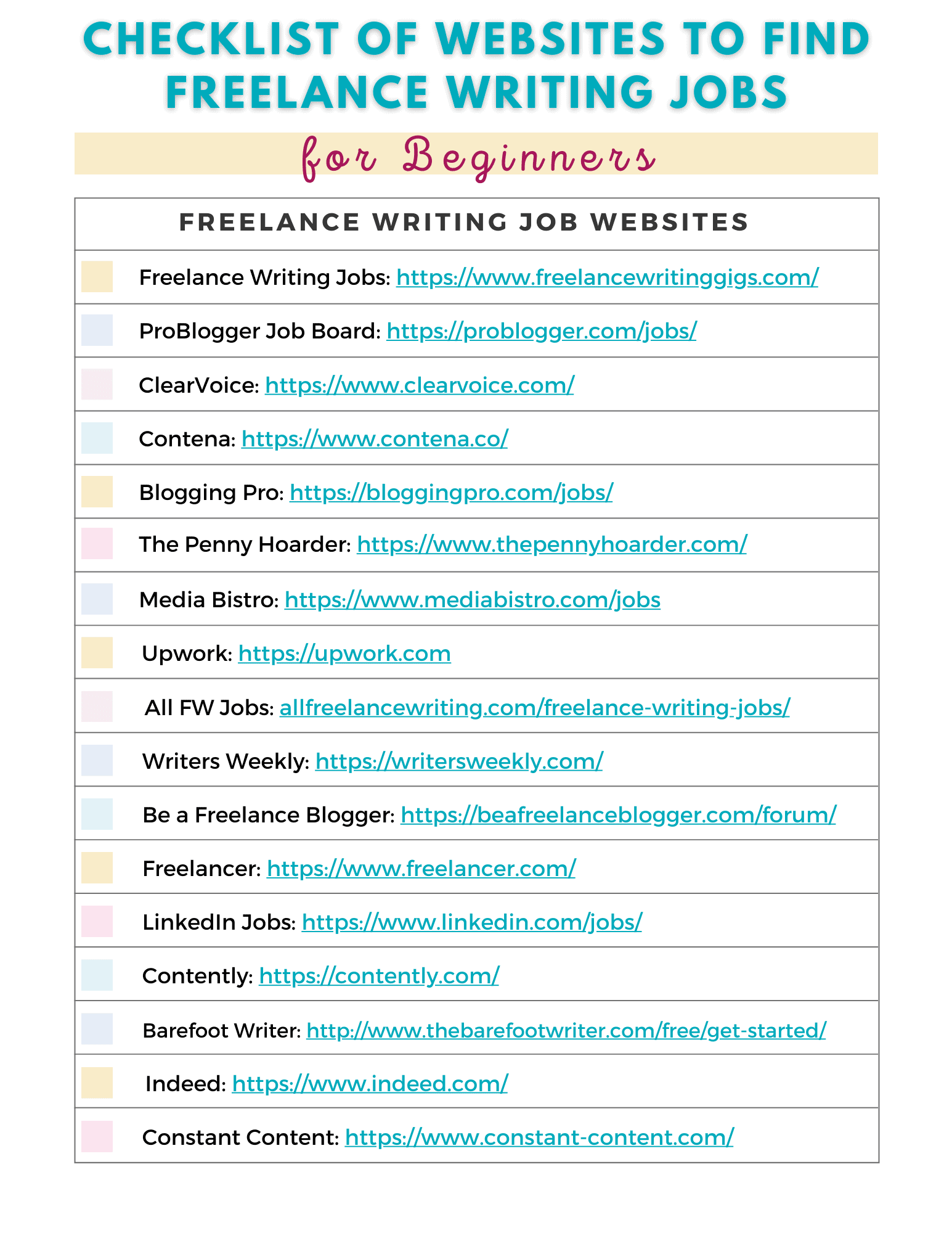
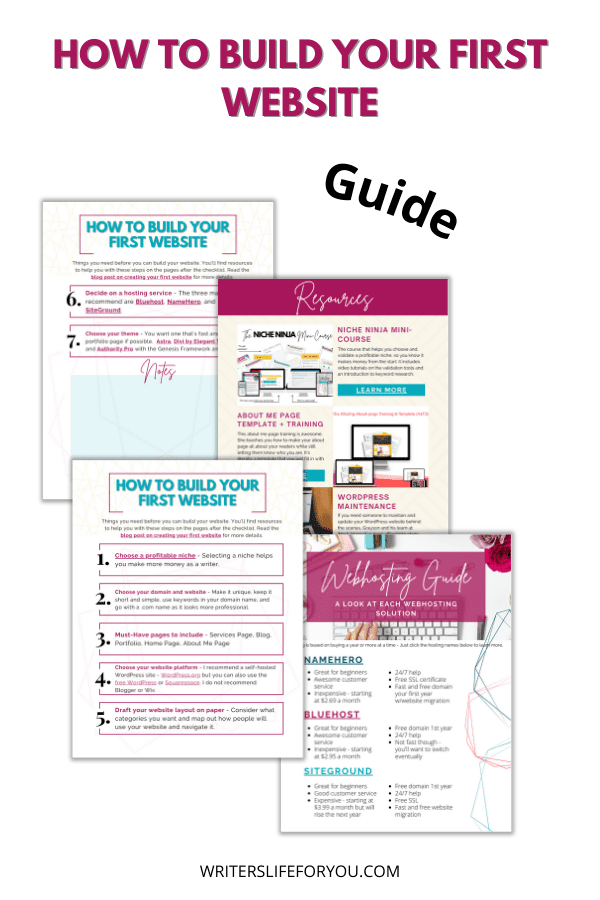

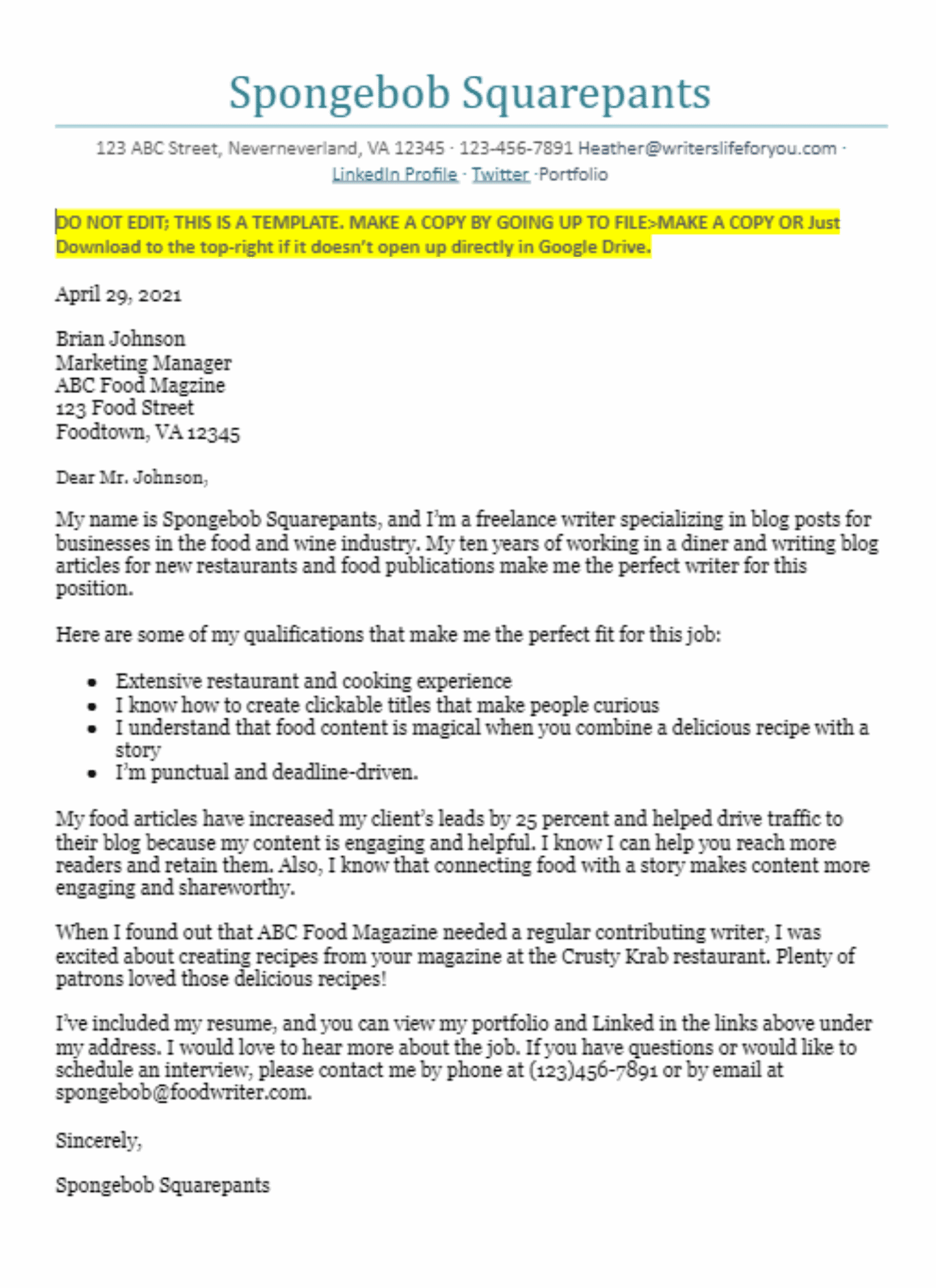

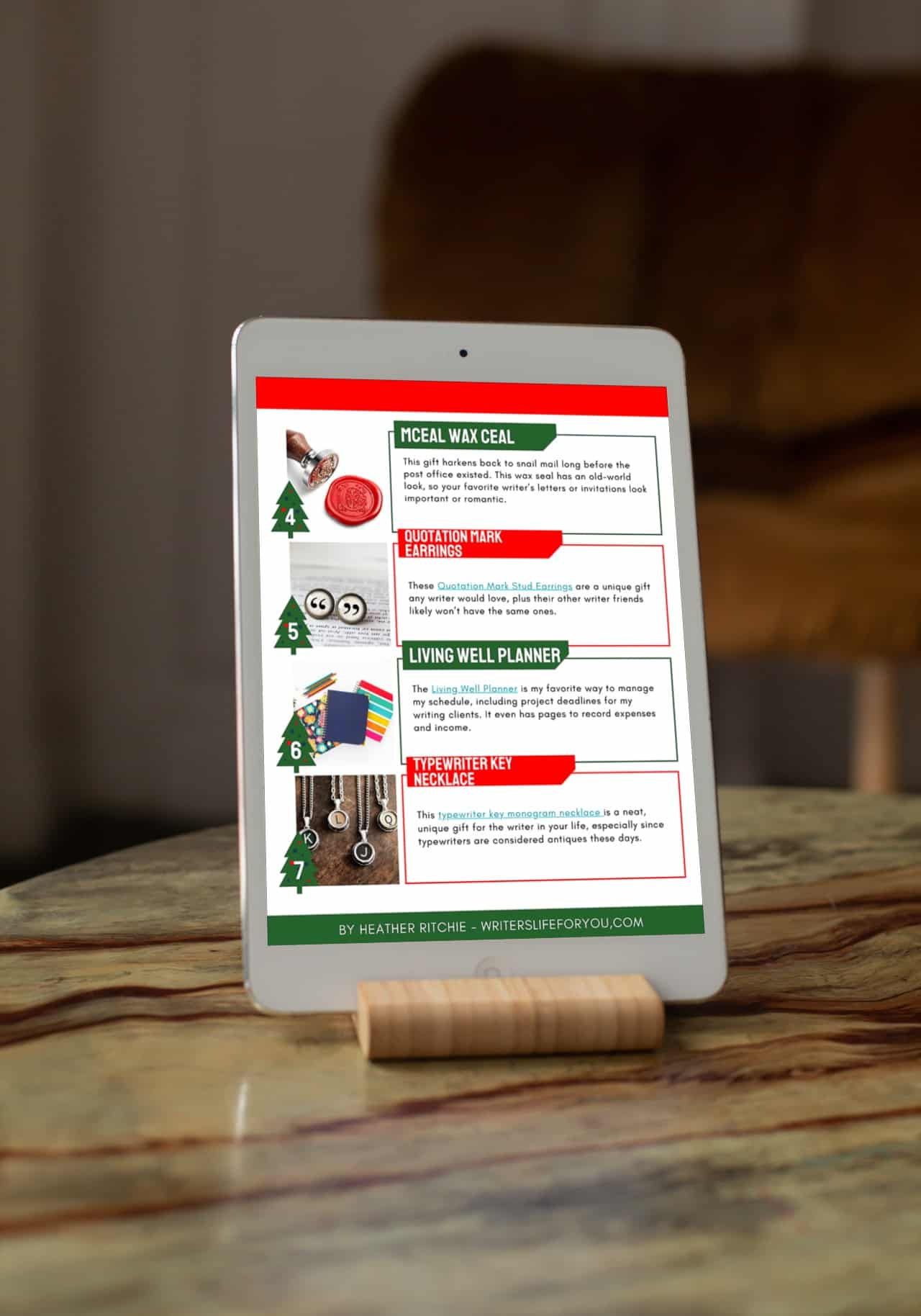
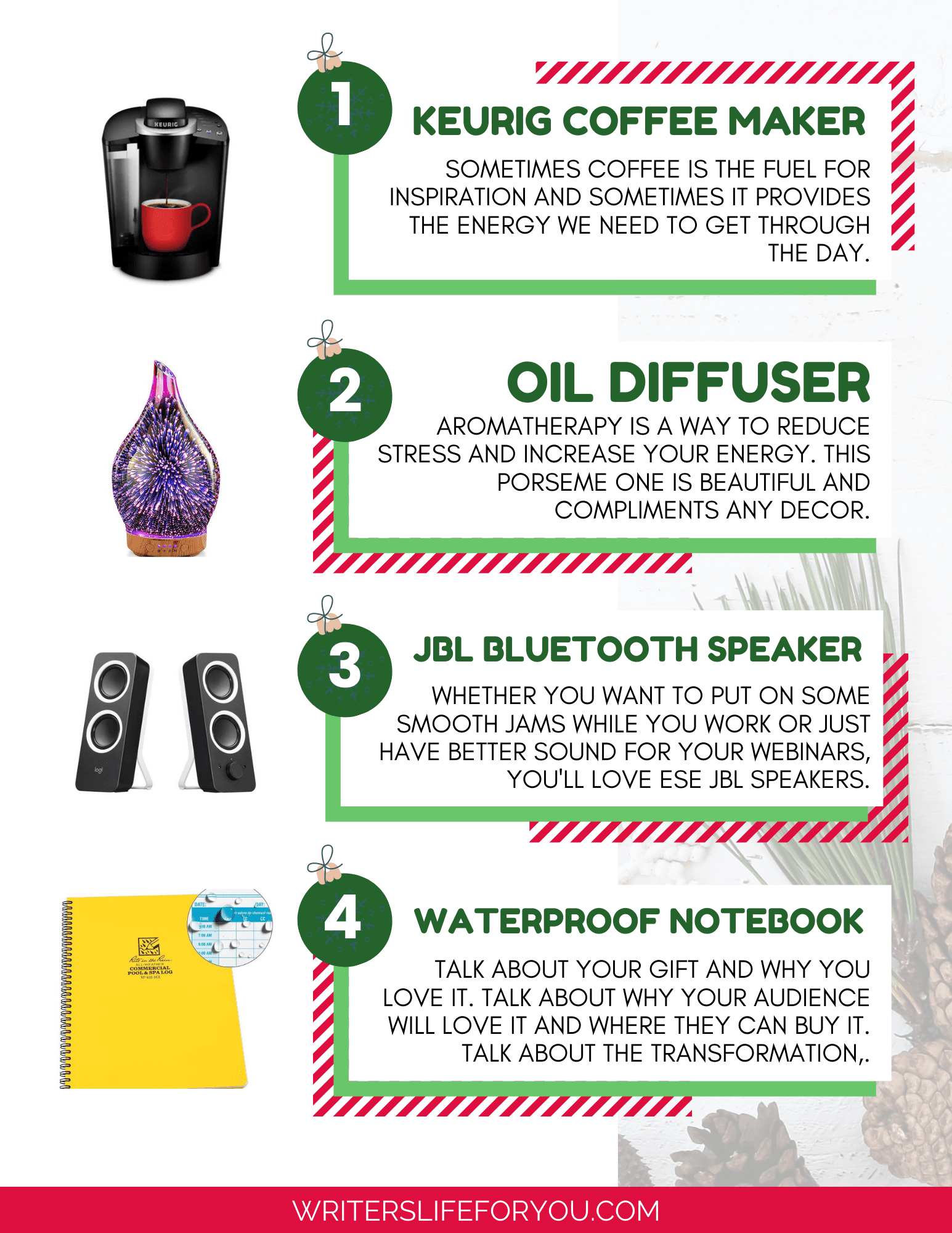
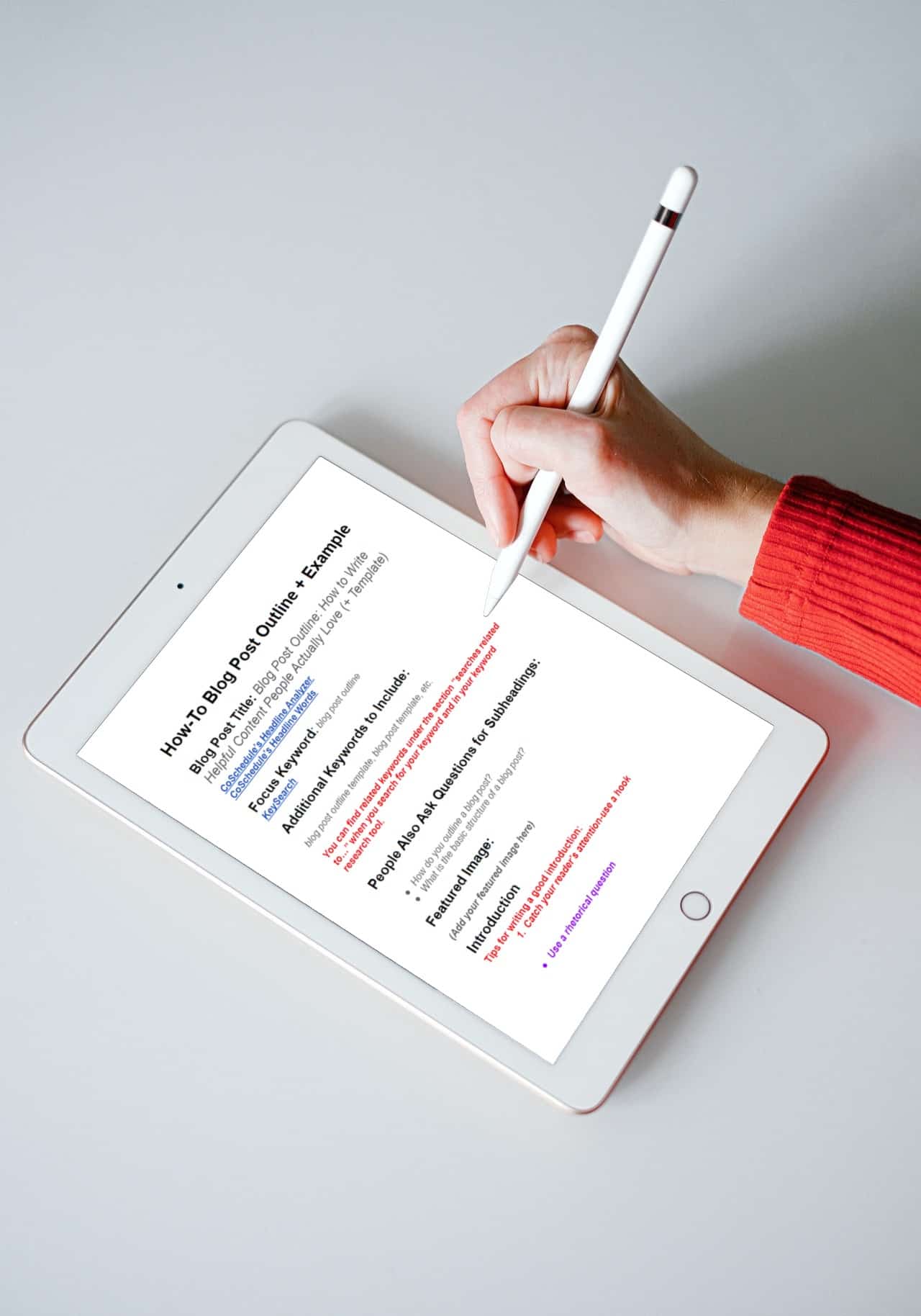

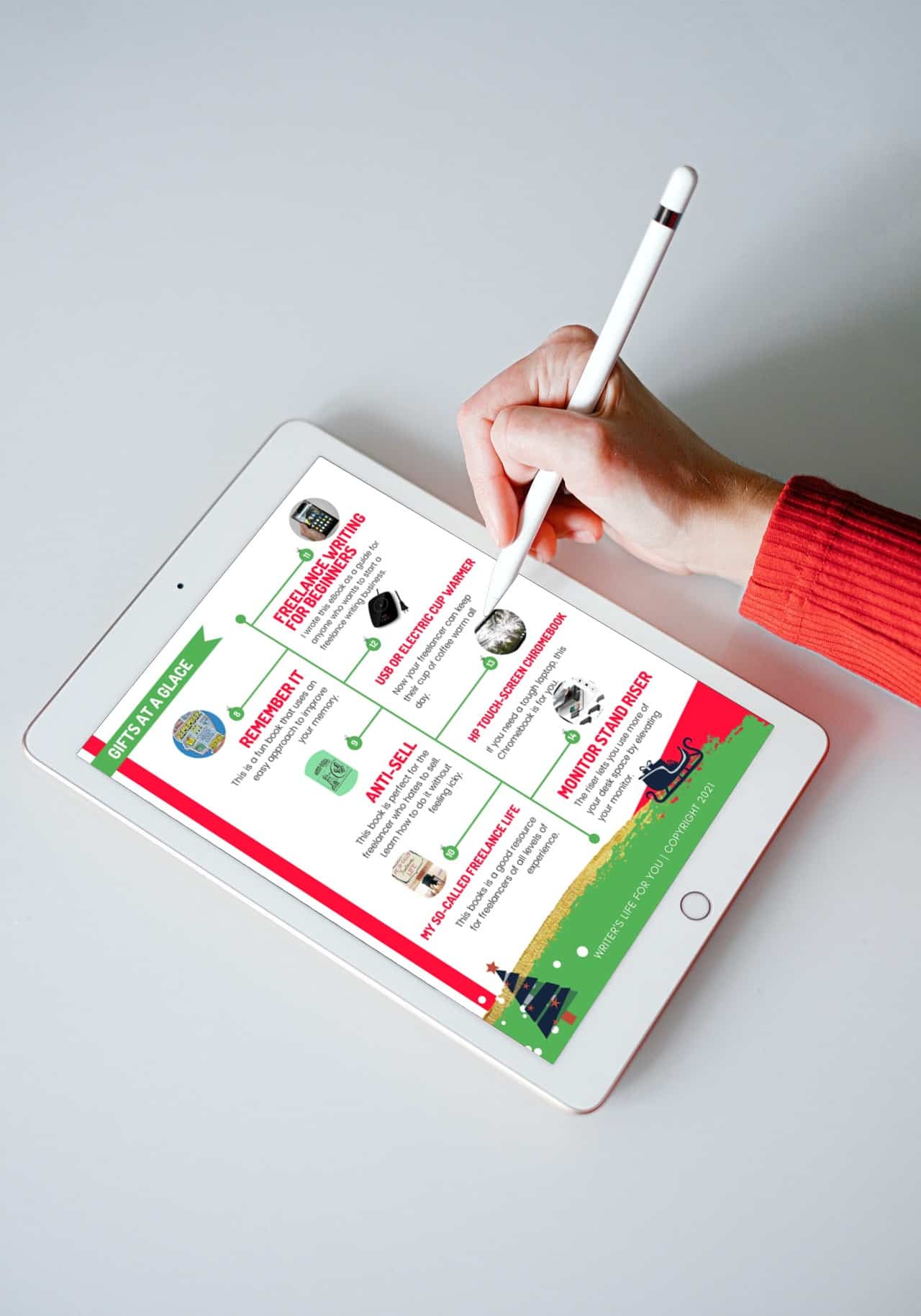


Thanks, productivity is a great struggle for many people. My weakness is saying no, and I find myself having too much to do until I get discouraged. I need to learn to say no.
Ah, I have the same issue because I am a people pleaser, but saying yes too much overloads my plate for sure. It causes more stress which is not good.
something that I needed, but I also like no.3
I like the rest part too but it is something that I’m really bad at! Thanks for reading!
OK, I so needed this! I am always looking for ways to simplify my life and better streamline my day!
Awesome, I’m glad the tips helped!
This is a very comprehensive list! I disagree with you on a couple of things – e.g., “first things first” – I do MY marketing before I get to client work because I come first. ?
I do really need to take care of wrapping stuff up on a Friday though – yet here we are – Saturday morning! ?
Well I guess I should clarify that because it when I say client work that includes the marketing to get clients HAHAHA. That’s why I didn’t call out specific pieces of that process. My blog work is separate from my writing clients but yes here we are Saturday working!
Coming out of lockdown, this post is timely. I have started my to do list on my fridge this week.
It’s always great to keep a running task list for sure. I always have one going somewhere. I need to actually get it into Evernote for sure! Thanks for reading!
Great tips!
I like to conclude my week with a review and creating a plan for the next week on Fridays like you do. In that way I can fully relax on weekends and start on Monday in the best way! 🙂
Yeah, I totally love doing that because like you said it’s nice to be able to relax over the weekend and not stress too much about the tasks I need to get done on Monday. Then your Mondays start off better too!
Love all of these tips, thanks Heather!! Evernote is great!
Yes, Evernote is one of those tools that people download all the time but they don’t use it because they don’t know the power of it! Thanks for stopping by and reading.